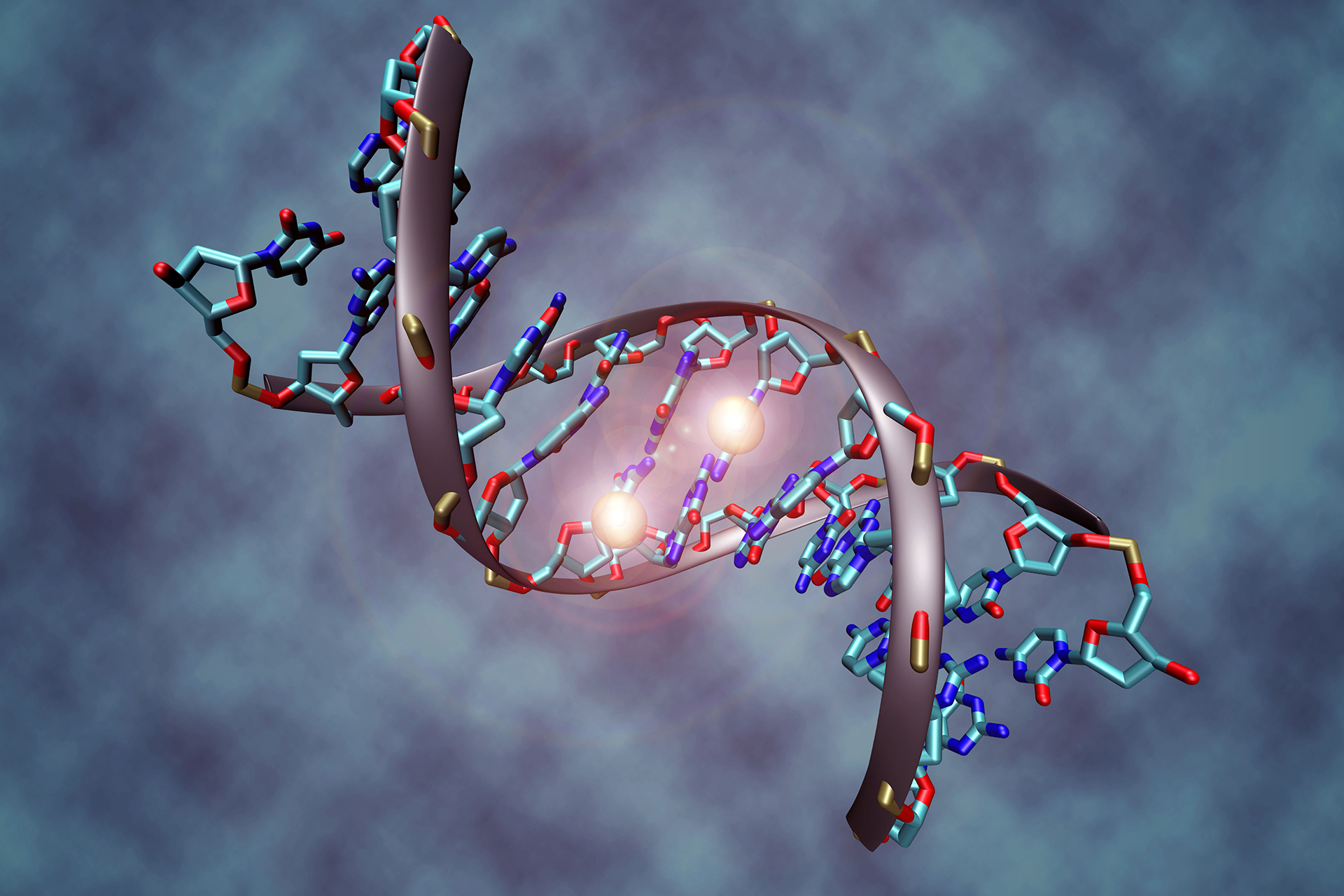|
The First 1,000 Days: A Legacy for Life - In the Womb BBC Radio 4, Tuesday 16 August 2011 |
In this first episode of a new documentary series, medical correspondent Dr Mark Porter investigated how developmental events in the womb have an astonishing impact on long-term adult health.
During this week's programme, titled 'In the Womb', Dr Porter discussed with healthcare professionals the impact of nutritional imbalances during fetal development and how these can be linked to conditions such as stroke, heart failure and type 2 diabetes. This notion stems from the argument that your susceptibility to developing such illnesses is influenced by the first 1000 days of life - roughly from conception to your second birthday.
The importance of a healthy lifestyle and its impact on child development has been the focus of numerous studies. Ideas about what this involves are constantly evolving — I'm sure our parents' and grandparents' generations had different ideas about this! But how lifestyles and early development affect our vulnerability to chronic diseases is less well known.
Professor Kent Thornburg, Director of the Heart Research Center at Oregon Health and Science University, highlighted the significance of a mother's lifestyle on a baby's development. 'Nutrition is very important at this time. The body is building its structures in a way which will be important to preventing disease later in life', he said.
David Barker, Professor of Epidemiology at the University of Southampton, has his own ideas. The 'Barker Theory' links the risk of developing conditions in adulthood to nutrition in the womb with low weight birth babies being at higher risk. At present, we treat the adult when they develop chronic conditions. But do we need to include lifespan when understanding a person's state of health?
Every human system, function and organ has a critical period of development, explained Professor Barker. These occur at different times for different organs with almost all occurring in the womb. It follows that an organ's final ability to function may be compromised if there is a lack of nutrients during its development.
This has been illustrated by Alan Jackson, Paediatrician and Professor of Human Nutrition at the University of Southampton. His research showed slowing organ growth during development stays with people through life. One example is nephron formation in the kidneys: the fewer nephrons a baby develops, the harder it is to produce urine and maintain a healthy salt balance. This is thought to increase the likelihood of having high blood pressure as an adult.
Birth weight alone is a crude measurement of nutrition in the womb and placenta size should also be considered, explained Professor Barker. 'It is efficient to have lots of baby and not much placenta and in 20 years we have seen that a small baby and big placenta is highly adverse in the long term', he said.
Nutritional flow influences what kind of placenta is made. If a small placenta is made, the baby's heart has to work harder to push blood around - increasing its blood pressure. This can lead to the baby developing a stiffer heart with fewer cells, possibly leading to heart disease. Furthermore, such developments don't become apparent until later in life when heart failure sets in.
Dr Porter finished the documentary by looking to the future and throwing down a healthcare challenge. How does such pioneering research influence the way we treat disease in the future? If chronic disease is the body's response to variations in the normal development process, can we use this as a strategy to prevent it?
The idea of waiting for a disease to become develop and then fixing the problem could be the wrong approach. Preventative medicine encourages adults to adopt a healthy lifestyle by not smoking, eating well and exercising. Dr Porter concluded by suggesting a close monitoring of parents' and babies' nutritional intake during child development could be a worthwhile addition to preventative care.






Leave a Reply
You must be logged in to post a comment.